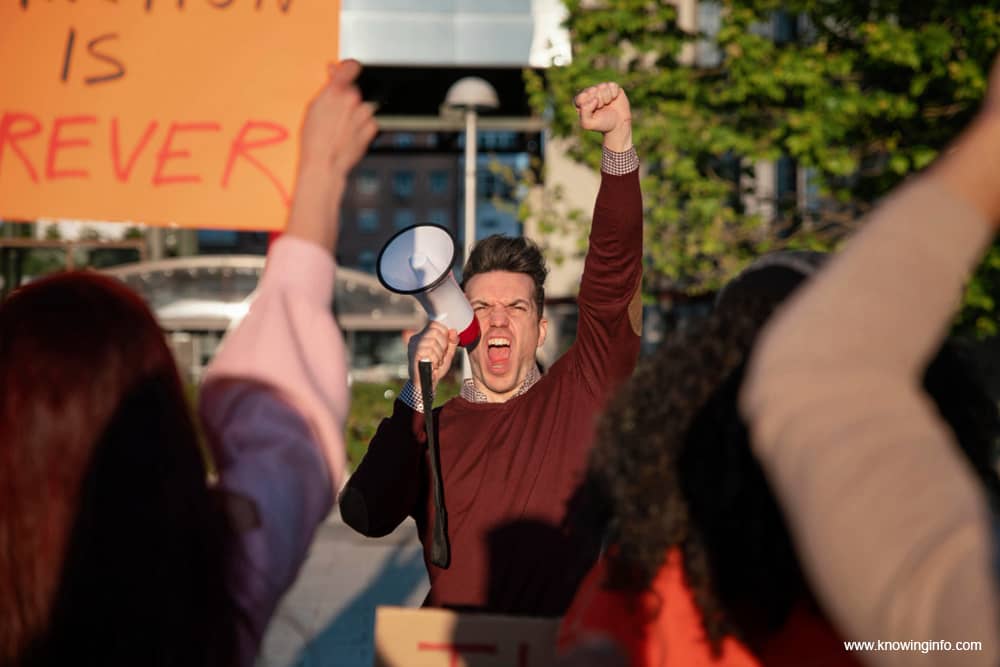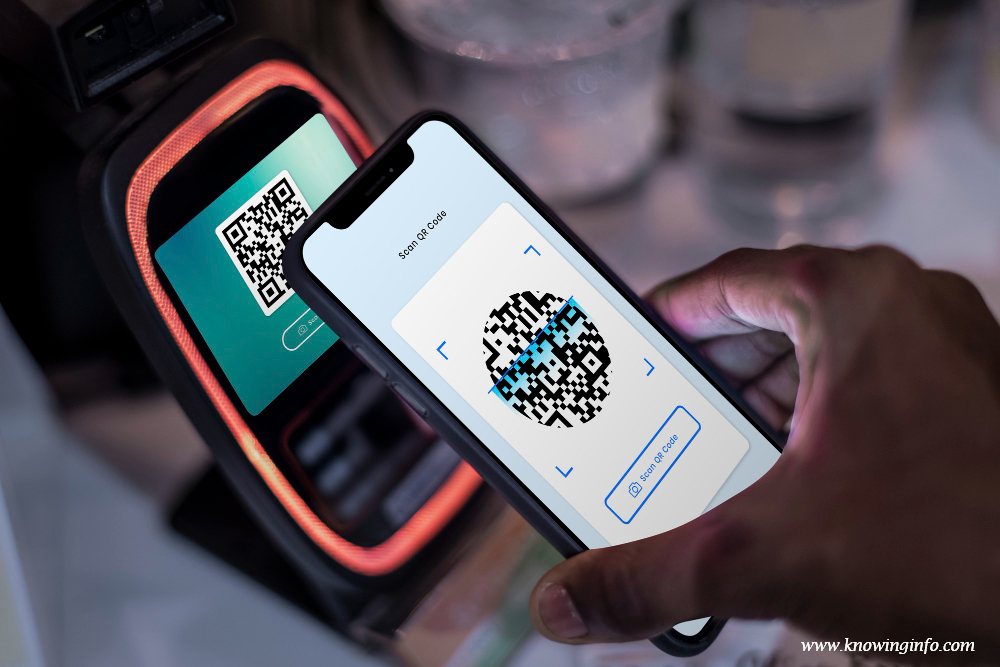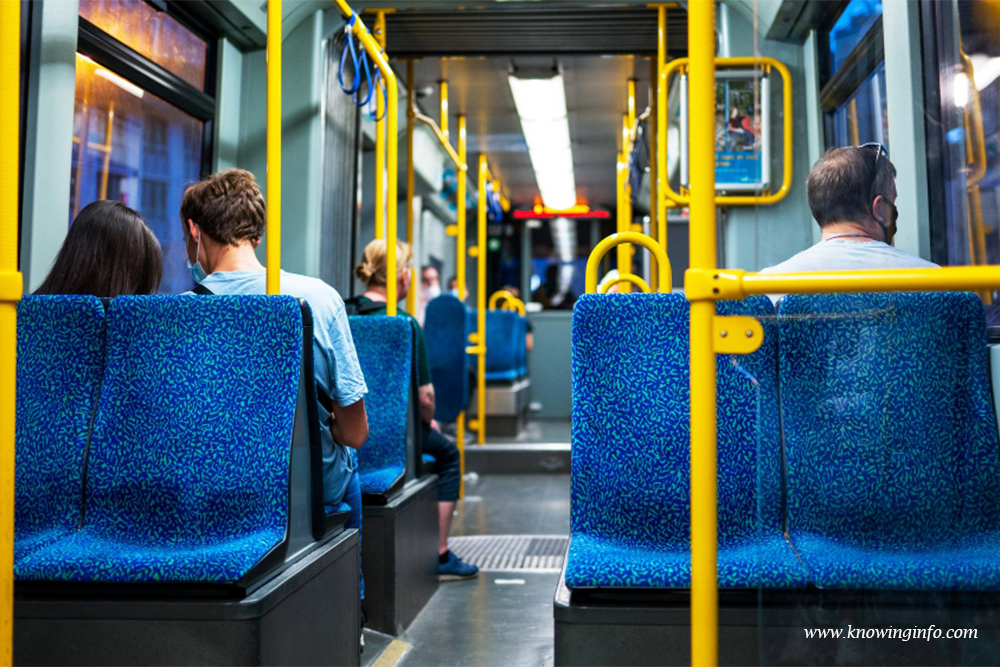How Freebie Politics Affect A Country’s Economy ?

In today’s political landscape, freebie politics has become a prominent strategy used by many parties and candidates to gain popular support. Freebie politics refers to the practice of offering various welfare benefits and free services to the citizens. While these initiatives are often implemented with good intentions, it is crucial to analyze the effects of such policies on a country’s economy. This article delves into the positive and negative impacts of freebie politics, presents case studies from around the world, discusses its role in elections, explores its history, and examines possible alternatives and controversies surrounding this approach.
The Effects of Freebie Politics on a Country’s Economy
- Negative Effects
- Overburdening Government Finances:One of the primary concerns of freebies politics is the strain it puts on government finances. The implementation of extensive welfare programs and the provision of free services can lead to a substantial increase in public expenditure. This places a burden on the government, potentially resulting in budget deficits and the accumulation of national debt.
- Inflation and High Taxes: Freebie politics often necessitates increased taxation to fund the programs and services being offered. Higher taxes can lead to inflationary pressures, as businesses and consumers face the additional financial burden. Inflation, in turn, erodes the purchasing power of the currency and can disrupt overall economic stability.
- Impacts on Private Enterprise: Excessive freebies can negatively affect the private sector by distorting market competition. When the government offers services or products for free, it creates an uneven playing field, making it challenging for private businesses to compete. This can stifle innovation, discourage private investments, and hinder overall economic growth.
- Increased National Debt: The implementation of freebie politics without careful consideration of its long-term consequences can contribute to a significant increase in national debt. Borrowing money to finance free services can burden future generations and limit the government’s ability to invest in critical sectors such as infrastructure and education.
- Distorted Investment and Market Competition: Freebies often lead to distortions in investment patterns and market competition. When resources are allocated based on political considerations rather than economic viability, it can create inefficiencies and hinder long-term sustainable development. This distortion can result in misallocation of resources and hinder a country’s economic progress.
- Unequal Distribution of Freebies: While freebie politics aims to alleviate socio-economic disparities, there is a risk of unequal distribution of benefits. Often, those who are politically connected or belong to certain demographics might receive more advantages, leading to a lack of equity and social cohesion within the society.
-
Positive Effects
- Redistribution of Wealth: One of the primary positive effects of freebie politics is the redistribution of wealth. By providing welfare benefits and free services, governments can address income inequality, uplift marginalized communities, and create a more equitable society.
- Alleviation of Poverty: Freebie politics can play a crucial role in reducing poverty levels by ensuring access to essential services and resources for those in need. Programs targeting poverty eradication can improve living conditions and offer opportunities for upward mobility.
- Increased Social and Economic Mobility: When freebies are implemented effectively, they can enhance social and economic mobility. By providing access to education, healthcare, and other resources, individuals from disadvantaged backgrounds have a better chance of improving their circumstances and contributing to the economy.
- Enhanced Human Development: Freebie politics can contribute to enhanced human development by investing in education, healthcare, and social welfare. These investments lay the foundation for a skilled workforce, improved productivity, and overall societal progress.
- Boosted Consumer Confidence: By providing free services or benefits, freebie politics can enhance consumer confidence and stimulate domestic consumption. When people have access to necessary resources without financial strain, they are more likely to contribute to economic growth through increased spending.
- Improved Standard of Living: Freebies aimed at improving living conditions can lead to an improved standard of living for the population. Accessible healthcare, housing programs, and social support contribute to better quality of life and overall well-being.
Case Studies on Freebie Politics
Case Study 1: India
India has experienced the impact of freebie politics under the Congress Party’s rule. The implementation of various welfare schemes and promises of freebies had significant effects on the Indian economy. However, these policies also faced criticisms and protests due to concerns about their long-term sustainability. The subsequent reforms under the Bharatiya Janata Party (BJP) government aimed to strike a balance between social welfare and economic stability.
Case Study 2: United States
In the United States, welfare policies and programs like food stamps have been a subject of intense debate. Conservative and liberal viewpoints clash on the economic impact of these programs. Such initiatives have gained prominence in the current political climate, shaping discussions on income inequality, poverty alleviation, and the role of the government in providing free services.
Case Study 3: Brazil
Brazil’s Bolsa Familia program is a notable example of freebie politics. The program aimed to alleviate poverty and stimulate economic progress. However, it faced criticisms and controversies regarding its efficacy, potential dependency on government aid, and challenges related to targeting the intended beneficiaries. The future of freebie politics in Brazil remains an ongoing discussion.
The Role of Freebie Politics in Elections
Freebie politics often plays a significant role in election campaigns. Politicians leverage the appeal of freebies to gain the support of voters. This strategy involves promising specific welfare benefits or services to certain demographics, catering to their immediate needs and desires. These pledges can influence voter behavior, as individuals are more likely to support candidates who promise tangible short-term gains. However, it is essential to balance these short-term gains with long-term consequences to ensure sustainable economic growth and development.
The History of Freebie Politics
The concept of welfare policies and freebies has evolved over time. Initially, these programs focused on providing support to vulnerable groups such as the elderly, disabled, and unemployed. Over the years, the scope of freebie politics has expanded to include various demographics and services. This expansion reflects the changing socio-economic landscape and the increasing recognition of the importance of social welfare in fostering economic development.
Freebie Politics and Corruption
While freebie politics aims to uplift society, it can also be susceptible to corruption. Misuse of government funds, vote buying, and fraudulent practices are challenges that governments must address to ensure the effective implementation of freebie programs. Implementing measures to combat corruption, such as transparent monitoring systems and accountability mechanisms, becomes crucial to maintaining the integrity of freebie politics.
The Economics of Freebie Politics
Freebie politics involves trade-offs and opportunity costs. While providing free services can yield short-term benefits, governments must carefully consider the long-term economic implications. It is essential to calculate the benefits and costs of such policies to ensure they contribute to sustainable economic growth and social development. Balancing social welfare with economic stability is crucial to achieving overall prosperity.
Alternatives to Freebie Politics
Exploring alternatives to freebie politics can foster a more sustainable and inclusive economic environment. Income inequality reduction policies, comprehensive tax reforms, investments in education and human development, empowering the private sector, and implementing redistributive policies are potential avenues to achieve economic progress while addressing societal needs.
Controversies in Freebie Politics
The provision of freebies raises ethical questions and can be subject to debates on efficacy and sustainability. Ambiguity in defining what constitutes a freebie and concerns about dependency and disincentives to work are among the controversies surrounding this approach. Additionally, there may be negative stigmas attached to availing freebies, leading to social divisions and potential resentment.
The Future of Freebie Politics
The future of freebie politics remains a topic of speculation. Global trends and predictions suggest that the approach may continue to evolve, influenced by technological advancements and changing societal needs. Philanthropy’s role in complementing or supplementing government-led initiatives is also gaining importance. The key lies in striking a balance between providing necessary support and ensuring long-term economic sustainability.
Conclusion
Providing free goods or services in politics can have both positive and negative impacts on a country’s economy. On the positive side, it can result in the fairer distribution of wealth, alleviation of poverty, and greater opportunities for social advancement. However, it also presents challenges such as straining government finances, distorting market competition, and increasing the risk of corruption. Balancing the short-term gains with long-term consequences is crucial. Exploring alternatives, addressing controversies, and considering the changing socio-economic landscape can pave the way for more sustainable approaches to welfare and economic development.
FAQs
Q1: Are freebies always negative for a country’s economy?
No, freebies can have both positive and negative effects on a country’s economy. It depends on their implementation, long-term sustainability, and consideration of potential trade-offs.
Q2: How do freebies affect the business sector?
Excessive freebies can distort market competition and discourage private investments. They create an uneven playing field, making it challenging for businesses to compete and innovate.
Q3: Can freebie politics actually reduce poverty?
Yes, freebie politics can contribute to poverty reduction by ensuring access to essential services and resources for those in need. However, it requires effective implementation and consideration of long-term sustainability.
Q5: Are there any examples of countries with successful freebie policies?
Several countries have implemented successful freebie policies, including Nordic countries with comprehensive welfare systems. To determine the effectiveness of different countries’ policies, it is necessary to thoroughly examine their unique contexts and specific approaches.
Q6: How can we ensure freebie politics doesn’t lead to corruption?
To prevent corruption in freebie politics, governments can implement transparent monitoring systems, accountability measures, and strict anti-corruption measures. Ensuring a culture of transparency and accountability is essential.






